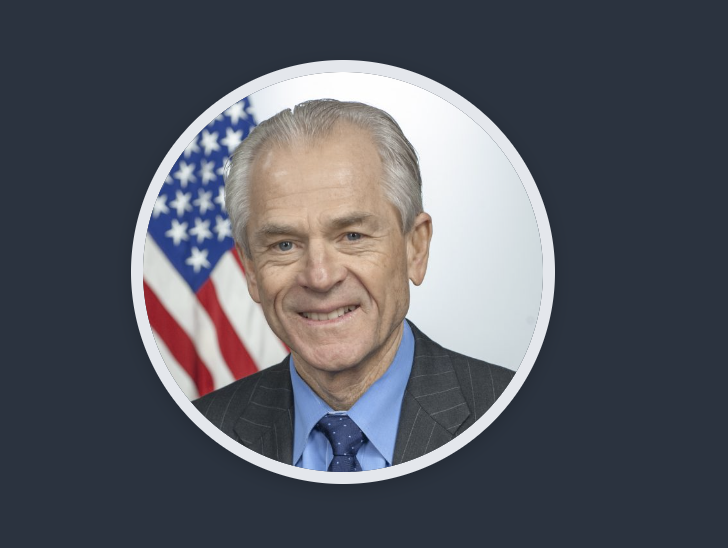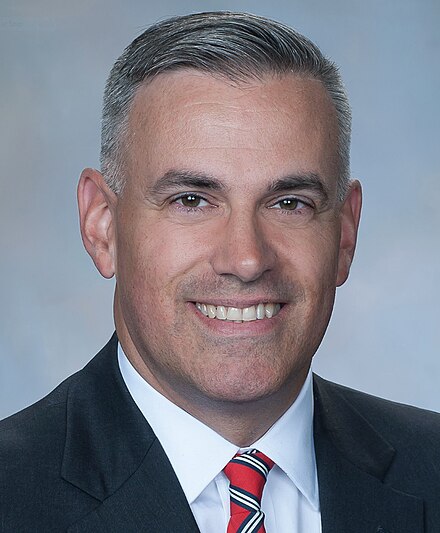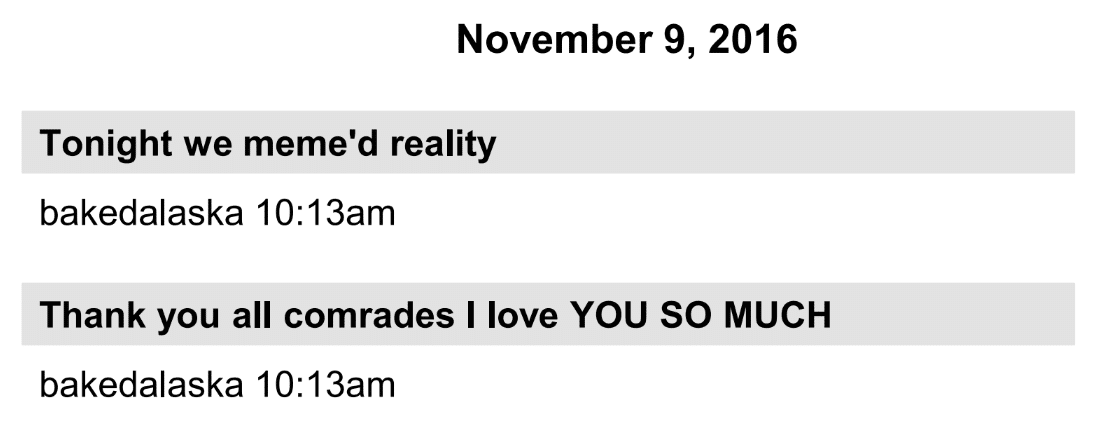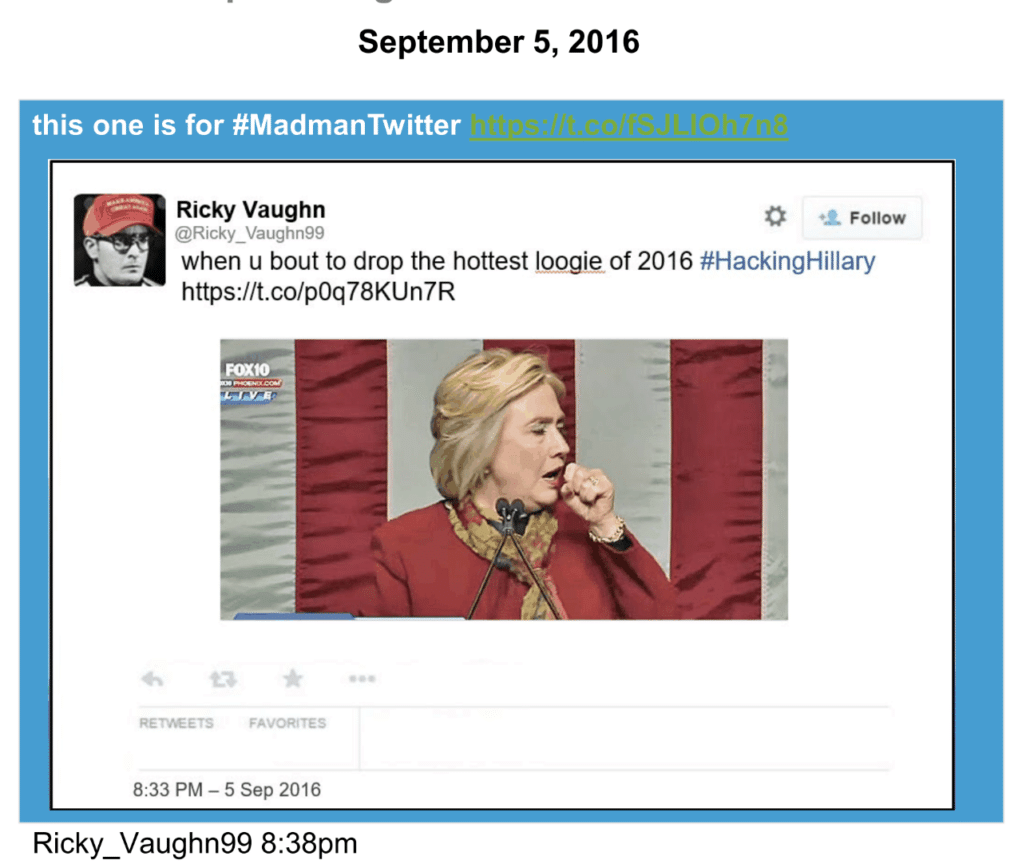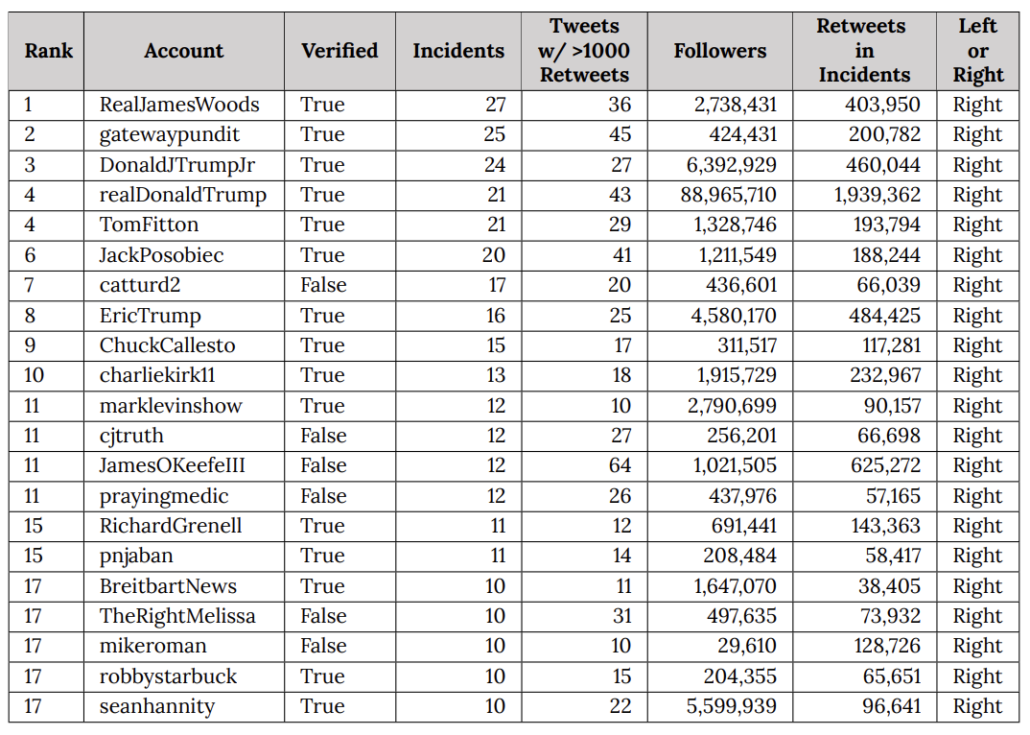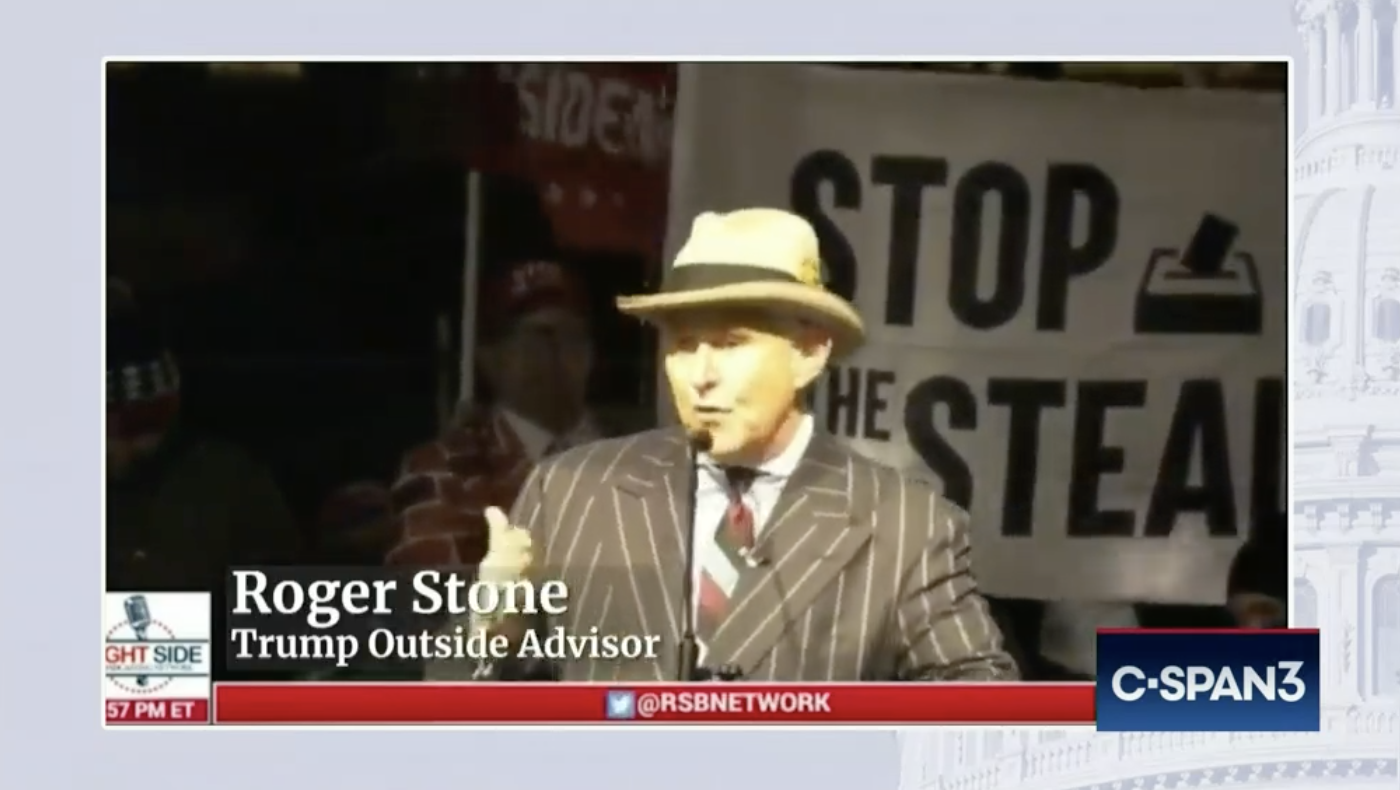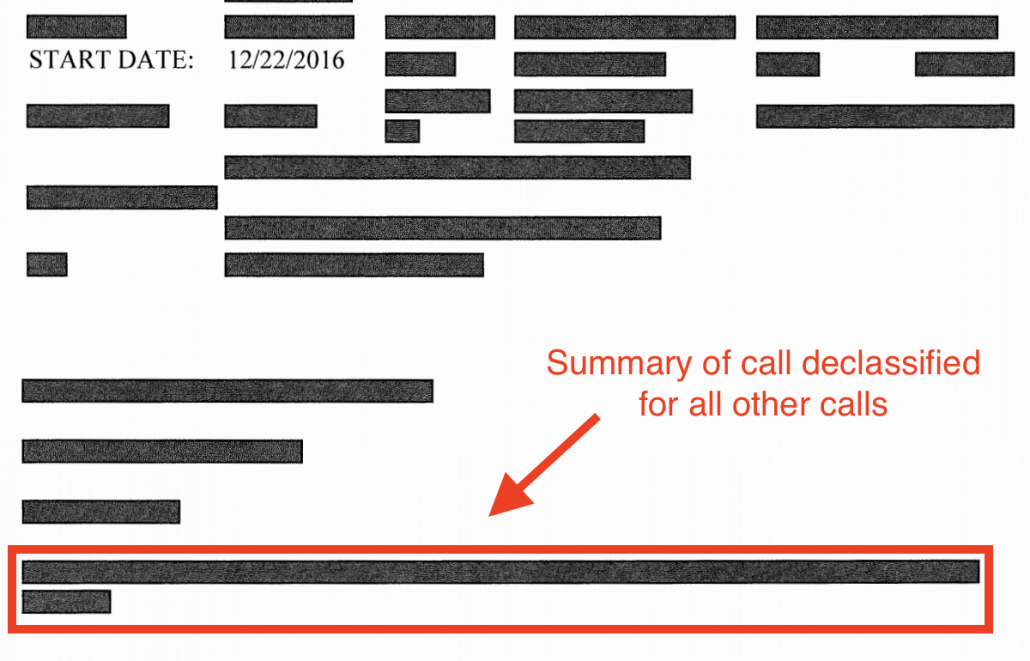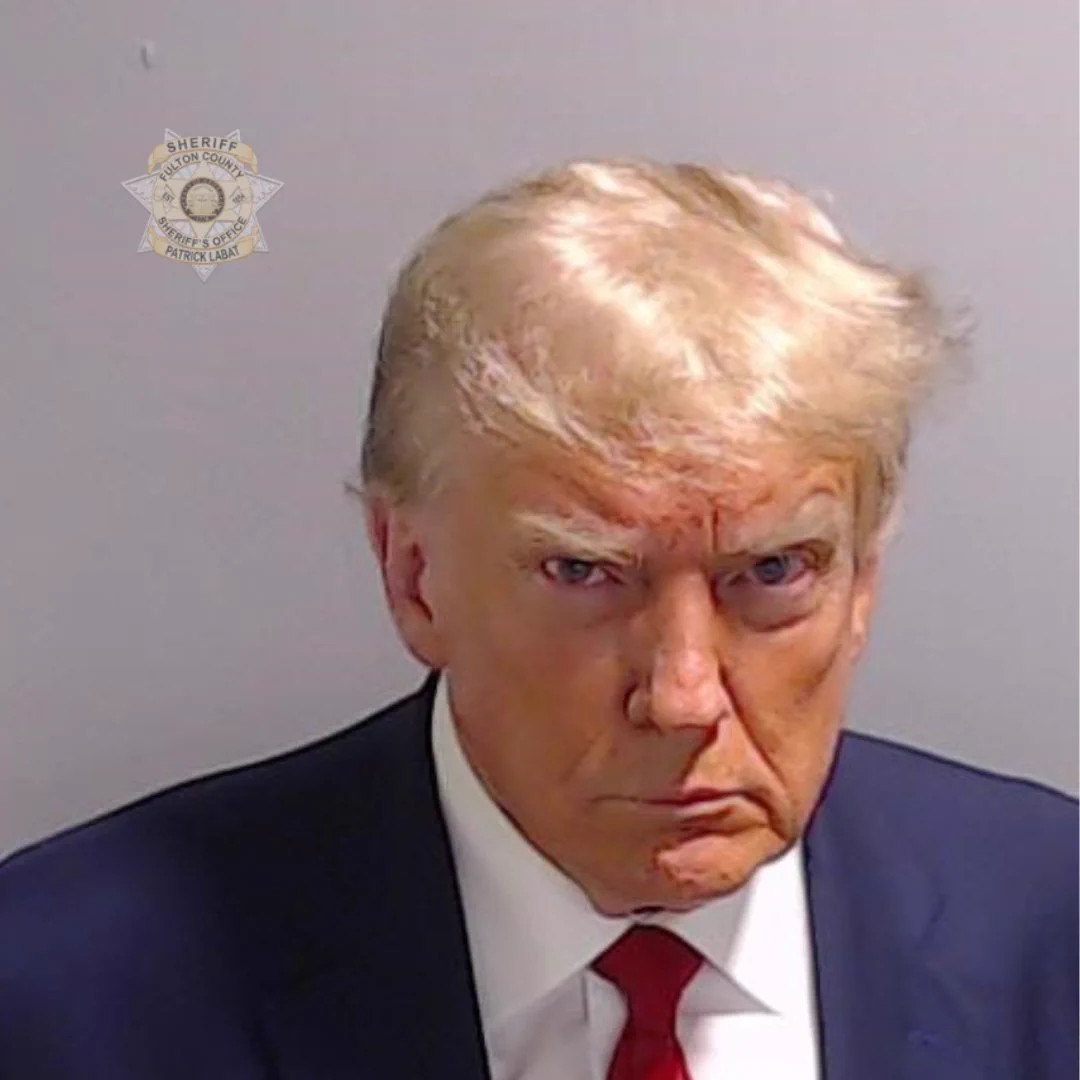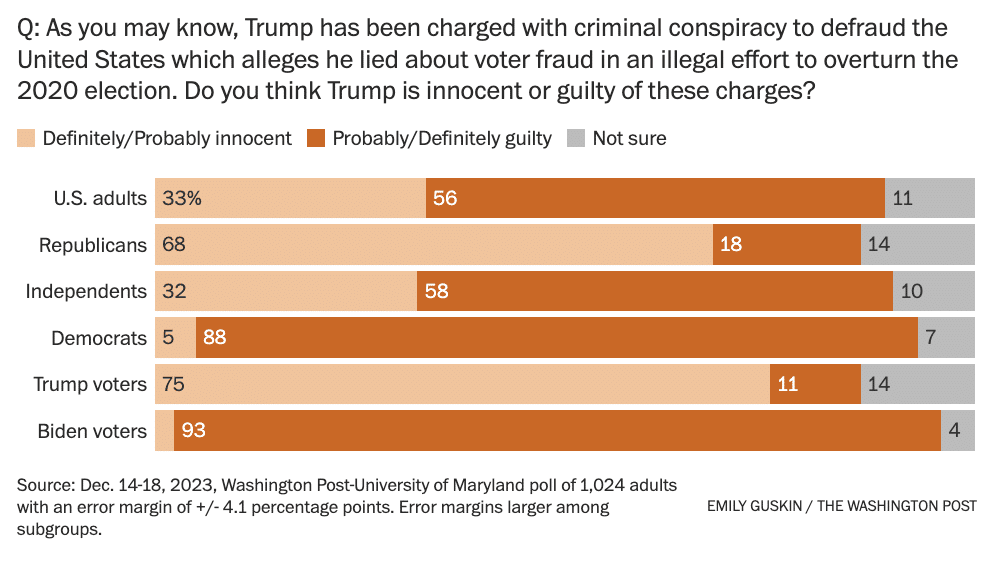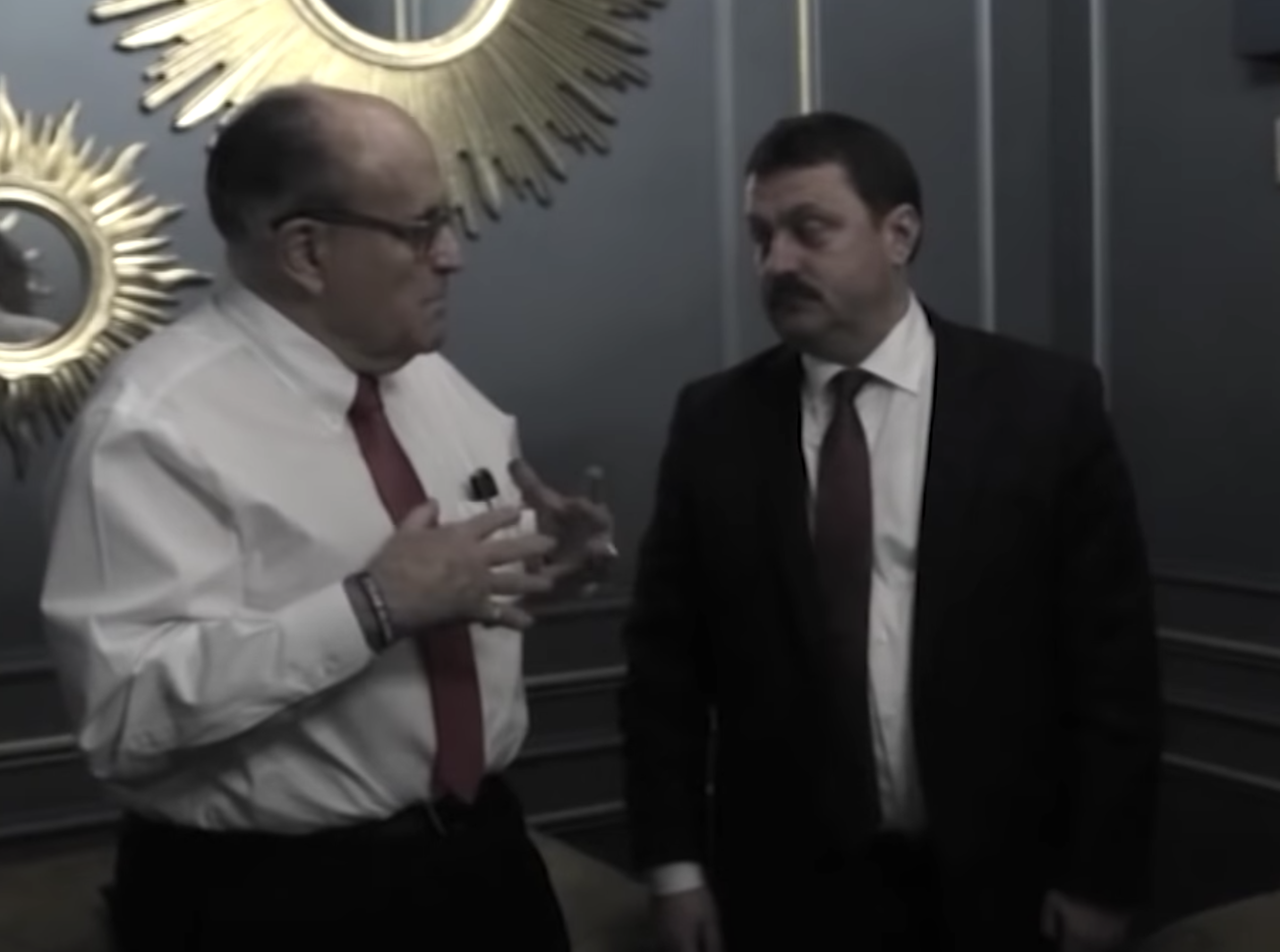Peter Navarro and the Office-Seeker Using ProtonMail Challenge
The two Peter Navarro litigations are drawing to a head in a way that reveal just how difficult it is to prosecute a President who attempts a coup.
First, Navarro is set to be sentenced for his contempt of Congress on Thursday. Navarro has asked for no more than a year’s probation with a request any detention be stayed while he appeals based on his claim that Trump invoked Executive Privilege without saying or doing anything specific with regards to Navarro to assert that. DOJ asked for six months on each count while (deeper in the sentencing memo) noting that each count requires a one month sentence and they can be imposed concurrently. Judge Amit Mehta, who is presiding over this case, is a namby pamby former public defender Democratic appointee, and it’s unlikely he’ll sentence Navarro for longer than Carl Nichols did Steve Bannon.
In his sentencing memo, Navarro’s attorneys, including Stan Woodward (who is party to Trump’s baseless arguments about the Presidential Records Act in the stolen documents case), included Joe Biden’s waiver of Executive Privilege over documents at NARA among his list of firsts tied to this prosecution.
Dr. Navarro’s trial and conviction involves a series of firsts: the first time an incumbent President waived the executive privilege of a former President; the first time a senior presidential advisor was charged with contempt of congress by the Justice Department, let alone the Justice Department of a political rival; the first time a District Court held an evidentiary hearing on whether a former President had properly invoked executive privilege; and the first time a senior presidential advisor was convicted, and now is to be sentenced, for following what that advisor reasonably believed was an instruction by the former President not to comply with the Select Committee’s subpoenas.
I believe I remain the only person who noted how craftily Merrick Garland obtained that waiver, doing so in such a way that adhered to DOJ contact policies and kept Biden shielded from any information about the criminal investigation into his predecessor. The TV lawyers were and remain too busy claiming that Garland dawdled to notice the steps Garland took in July 2021 to negotiate this difficult problem.
Subsequent to those initial filings, DOJ asked to file an extra-long reply. It addresses some of Navarro’s novel theories, but also includes a long passage rebutting Navarro’s bid to stay out of jail pending his appeal that argues that Navarro’s claim that Executive Privilege entitled him to entirely blow off a subpoena could not be sound.
With respect to Court Two, the Department of Justice has made clear that testimonial immunity should apply only with respect to questions seeking information from a close presidential adviser concerning “matters that occur[red] during the course of discharging [the adviser’s] official duties.” See Immunity of the Assistant to the President and Director of the Office of Political Strategy and Outreach from Congressional Subpoena, 38 Op. O.L.C. 5 at 7 (July 15, 2014) (“Simas Opinion”); Testimony Before Congress of the Former Counselor to the President, 43 Op. O.L.C. _ (2019) (“McGahn Opinion”) at 19; Conway Opinion at 1. Arguably, no president, current or former, would have the authority to make a categorical invocation of testimonial immunity over all the information sought by the Committee from the Defendant because most of the information the Committee sought did not concern matters that occurred in the course of the Defendant’s discharge of his governmental duties.
For example, the subpoena sought, among other things, “all documents and communications relating in any way to protests, marches, public assemblies, rallies, or speeches in Washington, D.C. on November 14, 2020,” and “all communications, documents and information that are evidence of the claims of purported fraud in the three-volume report you wrote, The Navarro Report.” See Ex 1 at 19-20.
Defendant was a trade adviser, and responsible in part for the Trump administration’s response to the Coronavirus crisis. In contrast, the Select Committee subpoena sought information wholly related to the attack on the Capitol on January 6, 2021, and the threat to the peaceful transition of power between administrations. 7 As with the alleged assertion of executive privilege, any such assertion of testimonial immunity therefore would have been germane only (at most) to the Defendant’s testimony about a fraction of the subjects about which the Committee informed him it wished to inquire at the deposition.
Accordingly, a reasonable assertion of executive privilege or testimonial immunity, had one actually occurred, could not have been grounds for the Defendant to refuse to testify altogether; instead, the most it would have justified would have been an assertion of privilege at the former President’s request regarding particular documents or testimony seeking information about communications between the Defendant and the former President himself (or, in the case of a proper immunity assertion, about testimony concerning matters related to the Defendant’s official duties). Therefore, even if the Defendant could establish that former President Trump instructed him to assert privilege as to all questions that might be asked of him at the deposition, such an assertion would not have been proper. It follows that such an assertion could not preclude the Defendant’s conviction on Count Two of the Indictment.8 But of course, the record is devoid of any assertion at all. As the Defendant’s own testimony at a pretrial hearing made clear, even the Defendant’s conversation with the former President included nothing – not even a wisp – that could constitute an actual invocation of executive privilege.
7 Given his own assertions to the contrary, mostly notably in the press releases accompanying the release of his “reports,” it is not credible to believe that the Defendant thought the subpoena related exclusively to his official responsibilities. See, e.g., ECF No. 79-4 (Press Release).
8 Moreover, as previously briefed, because the Defendant failed to raise an immunity claim with the Committee, he is not allowed to invoke testimonial immunity before this Court or the Court of Appeals after the fact to foreclose prosecution for a violation of Section 192. Such argument has been waived. See United States v. Bryan, 339 U.S. 323, 330-34 (1950) (“[I]f respondent had legitimate reasons for failing to produce the records of the association, a decent respect for the House of Representatives, by whose authority the subpoenas issued, would have required that she state her reasons for noncompliance upon the return of the writ. . . . To deny the Committee the opportunity to consider the objection or remedy it is in itself a contempt of authority and an obstruction of its processes.” (citation omitted)); Hutcheson v. United States, 369 U.S. 599, 608- 611 (1962) (stating that a constitutional objection “must be adequately raised before the inquiring committee if [it] is to be fully preserved for review in this Court. To hold otherwise would enable a witness to toy with a congressional committee in a manner obnoxious to the rule that such committees are entitled to be clearly apprised of the grounds on which a witness asserts a right of any assertion at all. As the Defendant’s own testimony at a pretrial hearing made clear, even the Defendant’s conversation with the former President included nothing – not even a wisp – that could constitute an actual invocation of executive privilege.
Meanwhile, DOJ’s civil suit against Navarro to force him to hand over communications covered under the Presidential Records Act that he conducted using ProtonMail may be drawing to a close. Things hit an impasse last summer when, after a previous attorney had told the government that Navarro had 800 PRA-covered communications on his ProtonMail, while represented by Stanley Woodward, he only turned over 211.
Last August, Judge Colleen Kollar-Kotelly ordered Navarro to provide her records of his search by October.
Partially out of deference to defense counsel’s burgeoning trial calendar, the Court deferred ruling until after it had further opportunity to review the record. After further consideration, and in an effort to finally bring this litigation to a close, the Court will opt for both courses of action. On or before October 15, 2023, Defendant shall file under seal a notice listing all search terms used, the metadata fields searched, and the email accounts searched. Also on or before October 15, 2023, Defendant shall deliver to Chambers a random sample of fifty emails across each account searched that were not identified as responsive in his last review. The Court will maintain these records under seal.
Navarro complied in October.
Then Judge Kollar-Kotelly issued what appears to be an order to the government to weigh in on whether his search was adequate.
Then, last week, Woodward asked to unseal those exchanges so he could submit the government one to Judge Mehta in support of sentencing (I think he only asked to unseal the documents to share with Mehta; thus far, at least, we don’t get to see them).
In Navarro’s own sentencing reply, he described what he was after: the government’s argument, in December (and so after Blassingame — a decision upholding Amit Mehta’s ruling that actions Trump took as a candidate are not immune from civil suit — distinguished between presidential actions taken as a candidate for office and holder of that office), that some of Navarro’s communications pertaining to the attempted coup might include official records.
The government’s betrayal is manifest of its true motive – the prosecution of a senior presidential advisor of a chief political opponent. By way of a second example, consider the position taken by the Department – representing one United States – in its litigation against Dr. Navarro for allegedly refusing to return purportedly presidential records to the National Archives and Records Administration under the Presidential Records Act. 44 U.S.C. §§ 2201- 2209. Here, the government claims that Dr. Navarro’s work related to the 2020 Presidential Election could only have been conducted in his personal capacity.4 Yet there, because it suits their interests, the government recently asserted – originally under seal – that Dr. Navarro, and the Administration of President Trump, could very well have worked to ensure election integrity as part of his official duties. See Notice, at 4 (Dec. 29, 2023) (ECF No. 35) (“However, the United States has not taken the position that every action that Defendant took in connection with the 2020 Presidential Election was done in his personal, and not official, capacity; nor has the United States taken the position that any communications related to the 2020 Presidential Election are not Presidential records.”).
So in the civil suit, Navarro appears to have decided that almost 600 communications sent on ProtonMail — those pertaining to his role in a coup attempt — were not sent in the conduct of his official duties and therefore don’t need to be turned over under the PRA to NARA (whence Jack Smith could subpoena them).
But in the criminal case, Navarro claims to have believed and still believe that everything Congress subpoenaed from Navarro, which would have covered every communication pertaining to his role in a coup attempt, was covered by Executive Privilege.
ProtonMail, because it is less often used on phones and because it is hosted in Switzerland, happens to be among the most difficult platforms from which to obtain communications in a criminal investigation — harder even than the Signal and Telegram apps on which much of this coup was plotted. At least based on what DOJ showed in the Josh Schulte case, as recently as 2018, FBI didn’t have a means to access Proton content without a password under criminal process. So for a contemnor like Navarro who blows off subpoenas, you’re not going to get his ProtonMail content without his involvement in some way. It seems likely that Navarro has effectively conceded there are almost 600 records about the coup that DOJ still wants, records he refused to give January 6 Committee based on a frivolous claim of Executive Privilege, records that he now refuses to give NARA under a claim they’re not Presidential Records at all.
The facts at this point are fairly clear: along with two aides, Navarro spent much of his last month in office focused not on his trade duties or even his COVID response, but instead on ginning up false claims that the election was stolen. That is, in his apparent claim that his coup communications were not official duties, Navarro seems to confess he spent the last month in office defying the Hatch Act. And the false claims he ginned up played a key role in the coup (and one of those aides, Garrett Ziegler, was one of Ali Alexander’s direct ties to the White House).
The government has been attempting to retrieve the communications Navarro conducted on ProtonMail since December 2021, shortly after a COVID-related investigation surfaced their existence. And over two years later, Navarro apparently continues to withhold almost 600 records relating to the coup.
I assume there are still steps DOJ can take once these two legal cases are resolved — such as subpoenaing Navarro directly for the communications he now claims were not official records (he invoked the Fifth Amendment and demanded immunity from prosecution in refusing to turn them over before). That is, Navarro could end up facing a second criminal contempt charge, which is one reason Stan Woodward keeps making bullshit claims about politicization.
Nevertheless, through a combination of frivolous claims of privilege and reliance on technology that thwarts the FBI, it appears that a significant chunk of coup communications remain outstanding.

